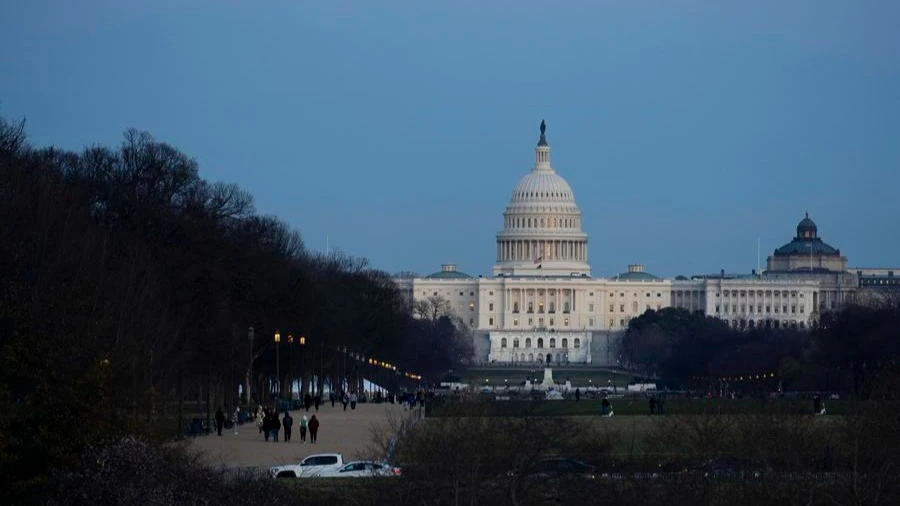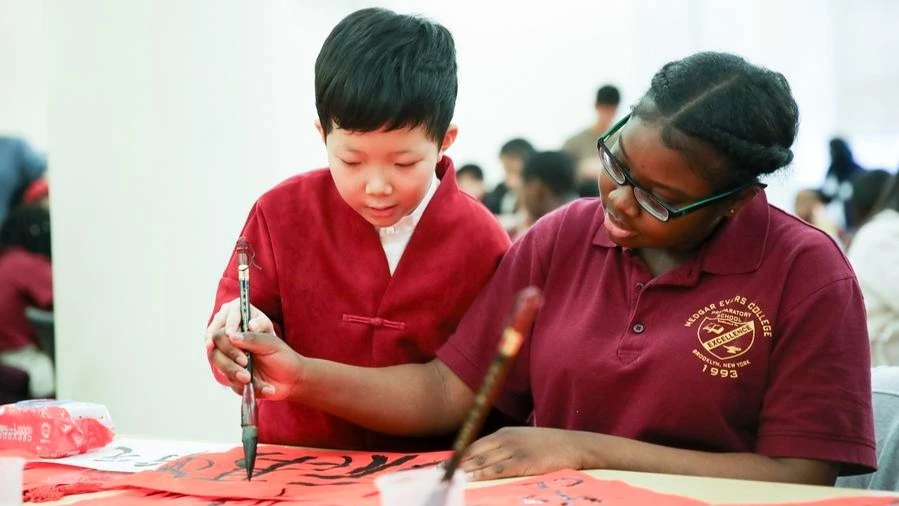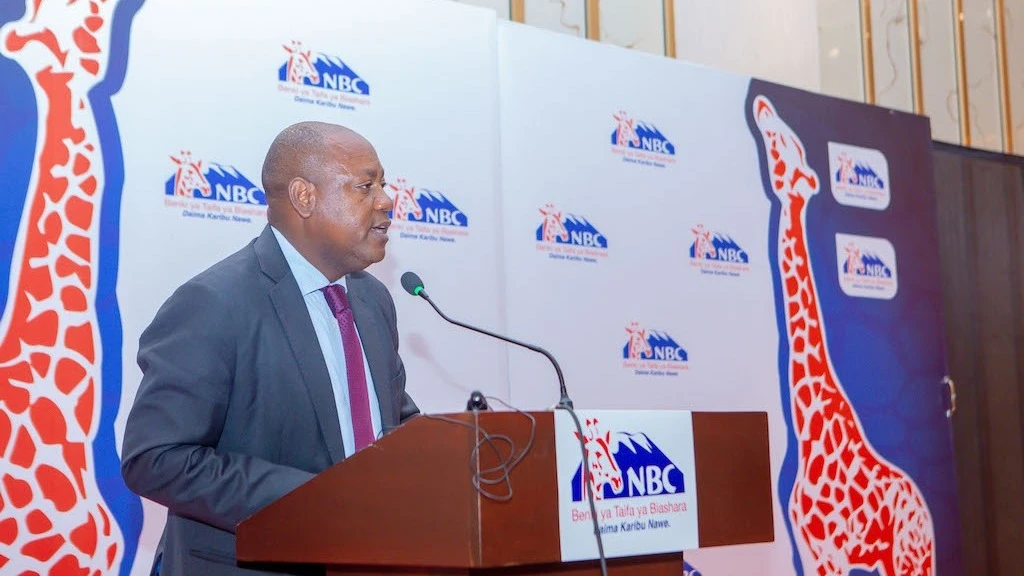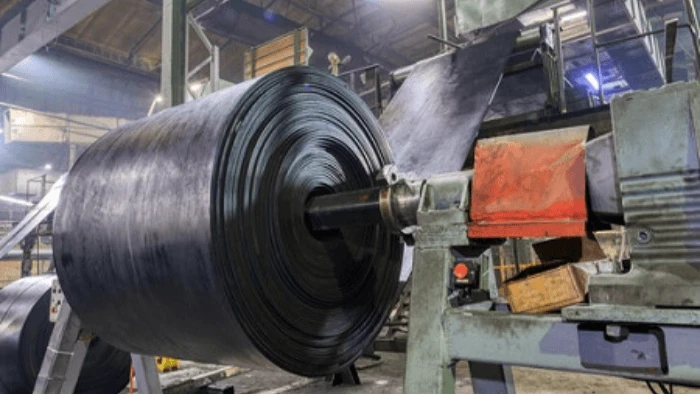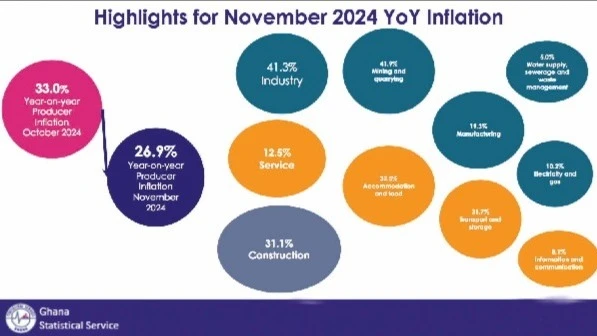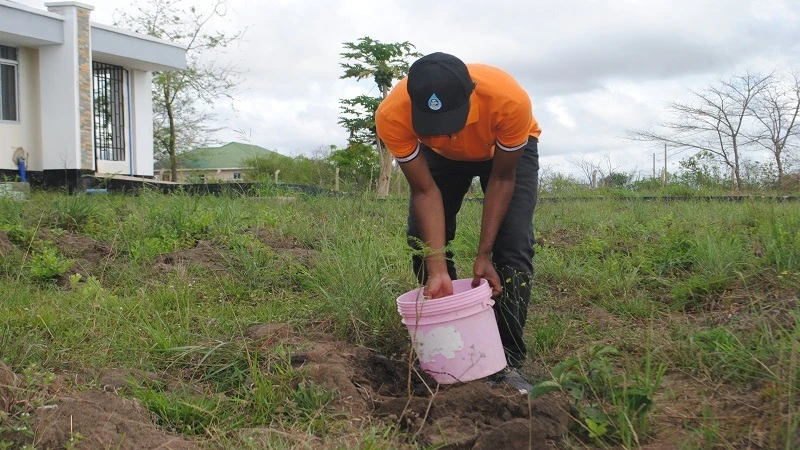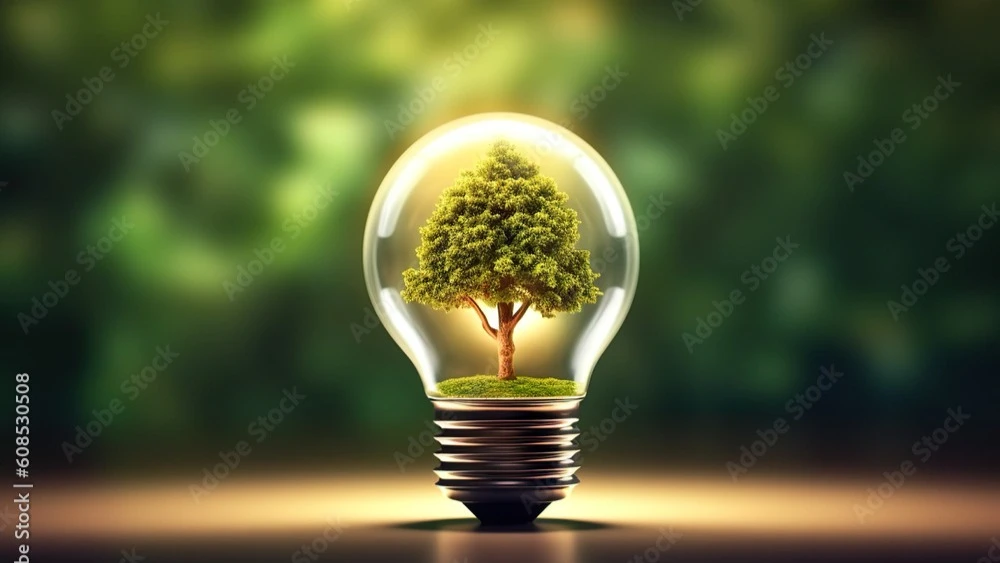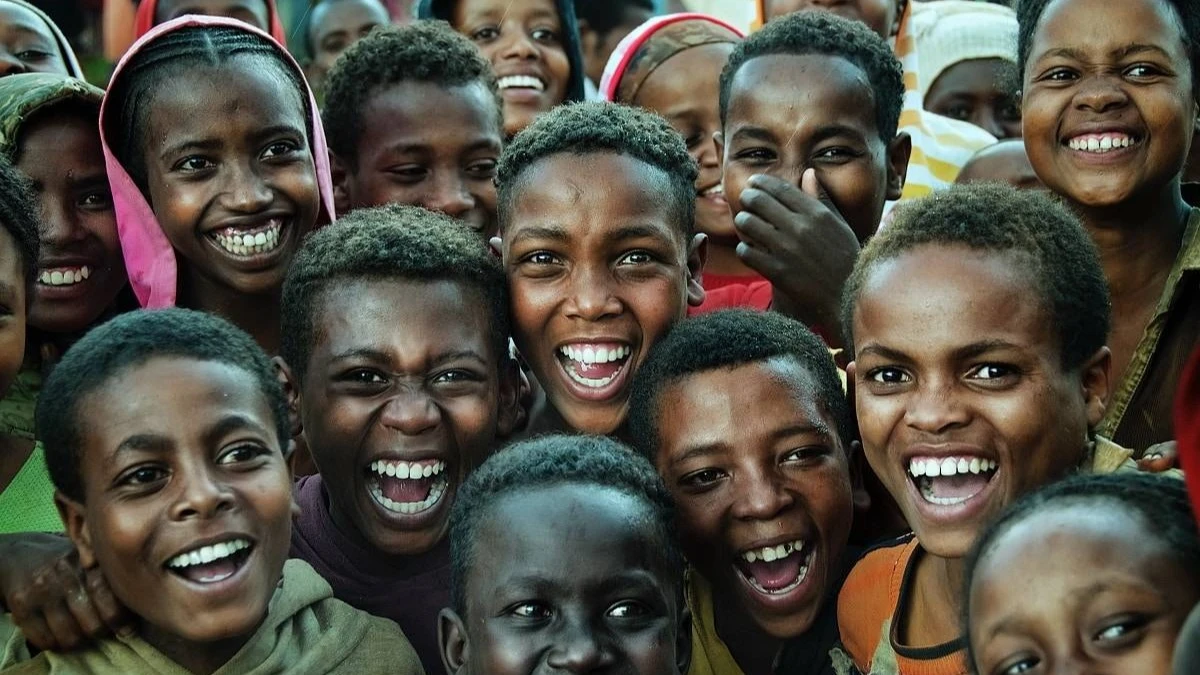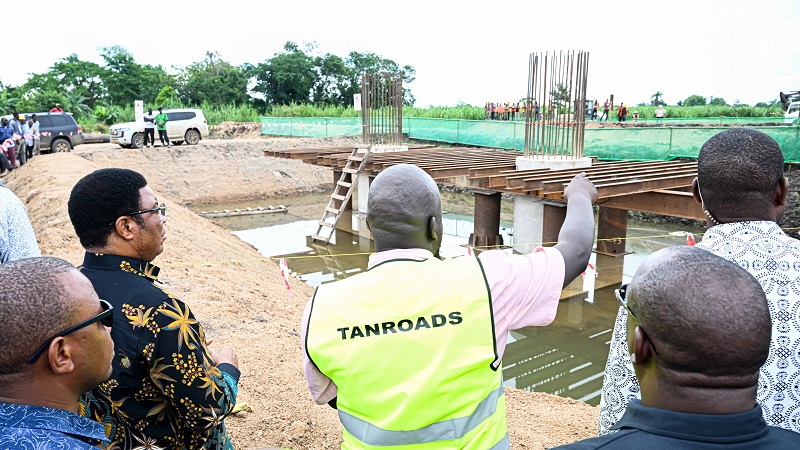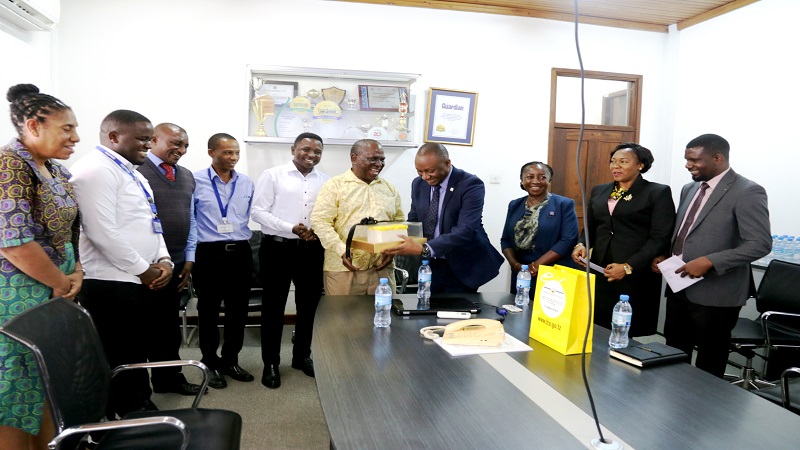Significant foreign investment in Africa’s clean energy sector in 2023 encouraging-UNCTAD
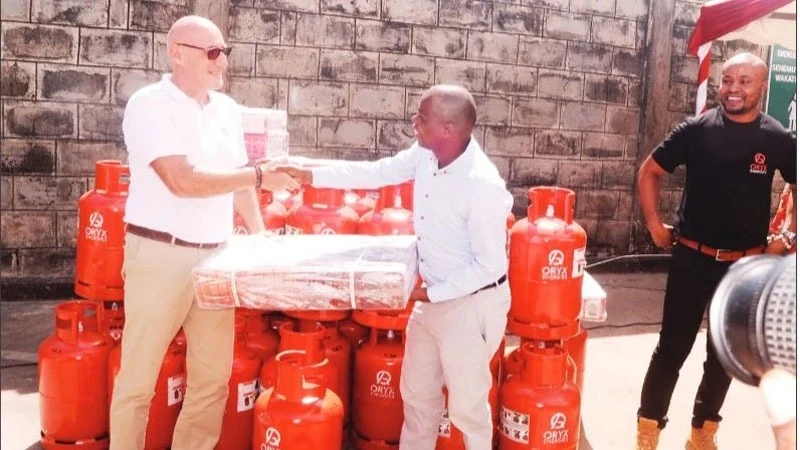
FOREIGN investment in Africa saw a slight decline in 2023, but the clean energy sector stood out as a significant positive, according to a new report from the UN Conference on Trade and Development (UNCTAD) released on 20 June 2024.
The World Investment Report 2024 indicates that the value of international project finance deals in African nations plummeted by 50 per cent to $64 billion in 2023, following a 20 per cent decrease in 2022. The value of announced Greenfield projects in Africa also dropped from $196 billion in 2022 to $175 billion in 2023.
Despite these declines, the number of project announcements across the continent rose by 7 per cent, reaching over 800. Africa attracted an increasing share of global Greenfield megaprojects, including six projects each valued at over $5 billion.
The largest Greenfield announcement in 2023 was a green hydrogen project in Mauritania, which is anticipated to bring in $34 billion in investment. Other significant hydrogen projects were announced in Egypt, totalling $10.8 billion, and in South Africa, where three energy producers announced green hydrogen projects totalling $7.1 billion. Morocco also saw substantial investment in this sector.
The electric vehicle value chain is also driving investment in Africa. A notable example is a Chinese manufacturer's plan to establish a $6.4 billion electric vehicle battery manufacturing facility in Morocco.
In the renewable energy sector, Africa secured $10.8 billion in project finance for wind and solar power production, with major projects located in Egypt, South Africa, and Zimbabwe.
Foreign direct investment (FDI) is crucial for funding infrastructure and public services such as power and renewable energy, according to UNCTAD. Rebeca Grynspan, Secretary-General of UNCTAD, emphasised that "Investment is not just about capital flows; it is about human potential, environmental stewardship, and the enduring pursuit of a more equitable and sustainable world."
Over the past three years, Africa has accounted for about 30 per cent of all investment values relevant to the Sustainable Development Goals (SDG) in developing countries, with the figure slightly lower at 27 per cent in 2023. However, progress in other SDG-relevant sectors, such as health, telecommunications, and transport, remains limited.
The African Continental Free Trade Agreement Investment Protocol, adopted in 2023, is expected to boost intra-regional FDI. Additionally, several African countries have introduced national investment policies to attract more investment. Kenya and Nigeria, with assistance from UNCTAD, introduced national investment policies in 2019 and 2023, respectively. Nigeria's investment policy focuses on investment promotion, facilitation, and sustainable development, and encourages responsible investor conduct in line with global standards on the environment, human rights, health, labour, safety, corporate social responsibility, and anti-corruption measures.
Top Headlines
© 2024 IPPMEDIA.COM. ALL RIGHTS RESERVED











